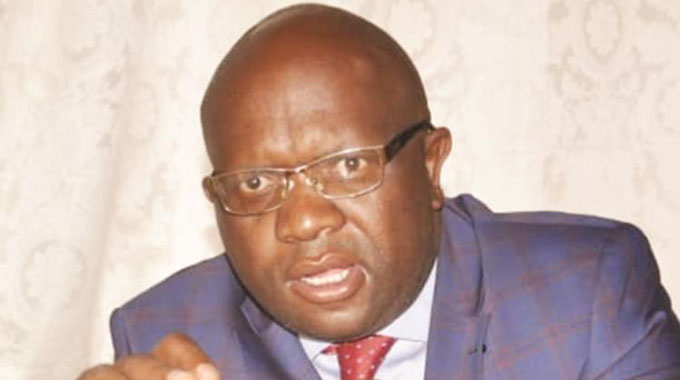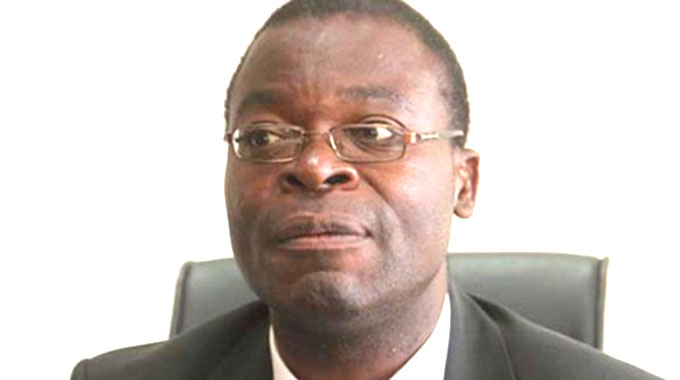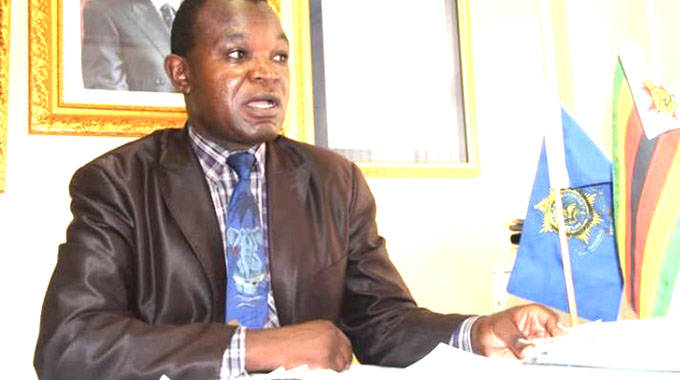2020 should bring economic growth, jobs

Africa Moyo
Deputy News Editor
Government has set a firm foundation for massive economic take-off, with the containment of public expenditure and investment in key infrastructure such as electricity, water and roads topping the list.
With a New Year and a new decade starting today, Zimbabweans have mixed expectations; understandably so, after a challenging 2019.
Many citizens want to forget 2019 in a hurry following the “bumps” they endured, mainly on prices of goods and services, fuel shortages and lack of jobs.
To its credit, Government acknowledged the challenges and has pledged to work to address them.
This year promises to bring relief to hard-pressed citizens who expect a quick solution the economic challenges that characterised last year, with others calling for massive job creation after a long time on the fringes of the economy.
President Mnangagwa has of late — including in his address during the National Thanksgiving and Dedication Service over the weekend and in yesterday’s New Year message — been indicating Government’s agenda for this year, which focuses on productivity and economic growth.
The rise in productivity and economy growth will create more jobs and help in the attainment of Vision 2030 of an upper middle income society.
Various projects are already underway, especially related to infrastructure development such as the Robert Gabriel Mugabe International Airport modernisation, Hwange Thermal Power Station expansion, and roads projects across the country, mainly the mammoth Beitbridge-Harare Highway and the Harare-Chirundu Highway, which is scheduled for completion by 2023.
The projects have since created some jobs, and Hwange Thermal Power Station advertised more posts this week, but as all of them reach critical levels, several jobs will be fashioned for citizens.
Government has also announced plans to recruit 5 000 teachers this year, to start filling up to 13 000 vacancies in the education sector.
More importantly, the US$12 billion mining industry by 2023 launched by President Mnangagwa last year is expected to create more jobs beginning this year.
The gold sector, which is the biggest employer in Zimbabwe, is set to attract more employees following a jump in international prices this week to US$1 524,20, the highest level in over three months driven by a weakening dollar.
Expectations are that the gold price could rise to US$7 166 going forward, attracting more investments.
Other minerals such as lithium, Muzarabani oil and platinum have huge prospects for growth in future, which should create more jobs.
The manufacturing sector is also central in ushering more jobs beginning this year, particularly following the decision by the Reserve Bank of Zimbabwe (RBZ) to introduce the interbank market for foreign currency.
There were concerns that the absence of such a market was stifling the availability of forex on the market.
Now, with Government working to fine-tune the market since February when it was introduced, analysts expect the interbank market to play a key role in boosting companies’ access to forex starting this year.
Further, the removal of the multiple currency regime in June last year has seen increased appetite by local manufacturers to boost their operations as the strong dollar, which used to impede their businesses, has been eliminated.
The local currency is expected to bring relatively lower prices with the availability of forex following the introduction of the interbank market.
The interbank rate has already seen general price stability in the last few months, for the benefit of consumers.
Pan African Chamber of Commerce board member Mr Langton Mabhanga told The Herald yesterday that this year “holds prospects to spring Zimbabwe’s economy to its strongest state”.
He said a number of issues, including the deployment RTGS balances, dam construction in all districts and payments to gold miners, have to be attended “within the first quarter” for the envisaged job creation and economic growth to take place.
“The RBZ’s capacity to monitor deployment of the high RTGS balances in the financial system as a strategy to tame inflation while the dam per district vision of President Mnangagwa would need to be prioritised to ensure a food secure situation and spur production,” he said.
“The implementation of the Zimbabwe Land Commission audit recommendations and urgent subsequent distribution of land to persons with capacity will make positive impact on national production, exports and employment creation for youths.
“Rewarding gold miners relative to world market rates to curb the rampant illegal metal flight alongside formalising the small-scale gold mining to stamp out criminality, fatalities and land degradation; and activating ZIDA and populate it with correct competencies and resourcing it.”
Mr Mabhanga wants the restructuring of Government bureaucracies to weed out what he called “fatigued, unwilling and inefficient elements stalling President Mnangagwa’s vision and national programmes”.
He contends that well-meaning public institutions, especially Parliament, which is not characterised by unnecessary bickering and boycotts, would be critical in national development.
“National peace and cohesion and unity of purpose will form the essential bedrock for the much-needed economic transformation,” said Mr Mabhanga.








Comments